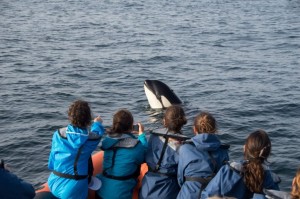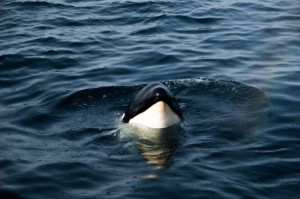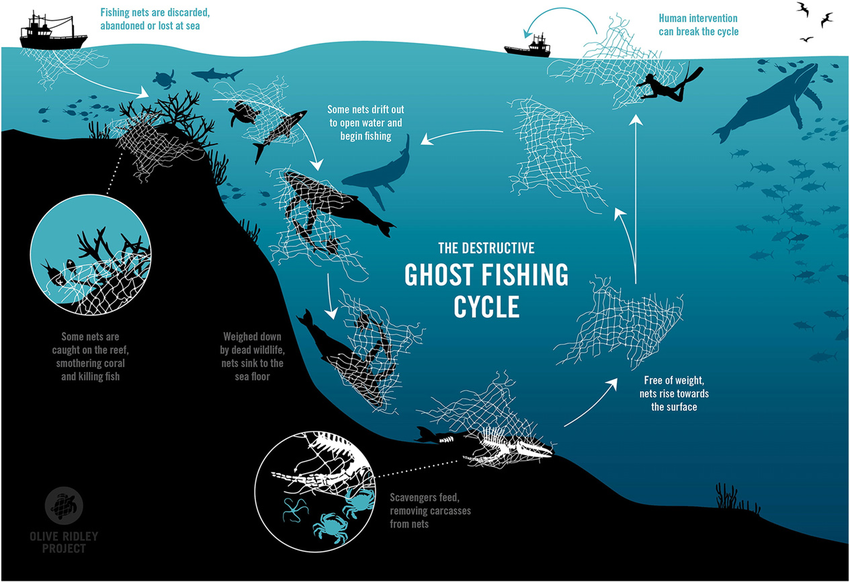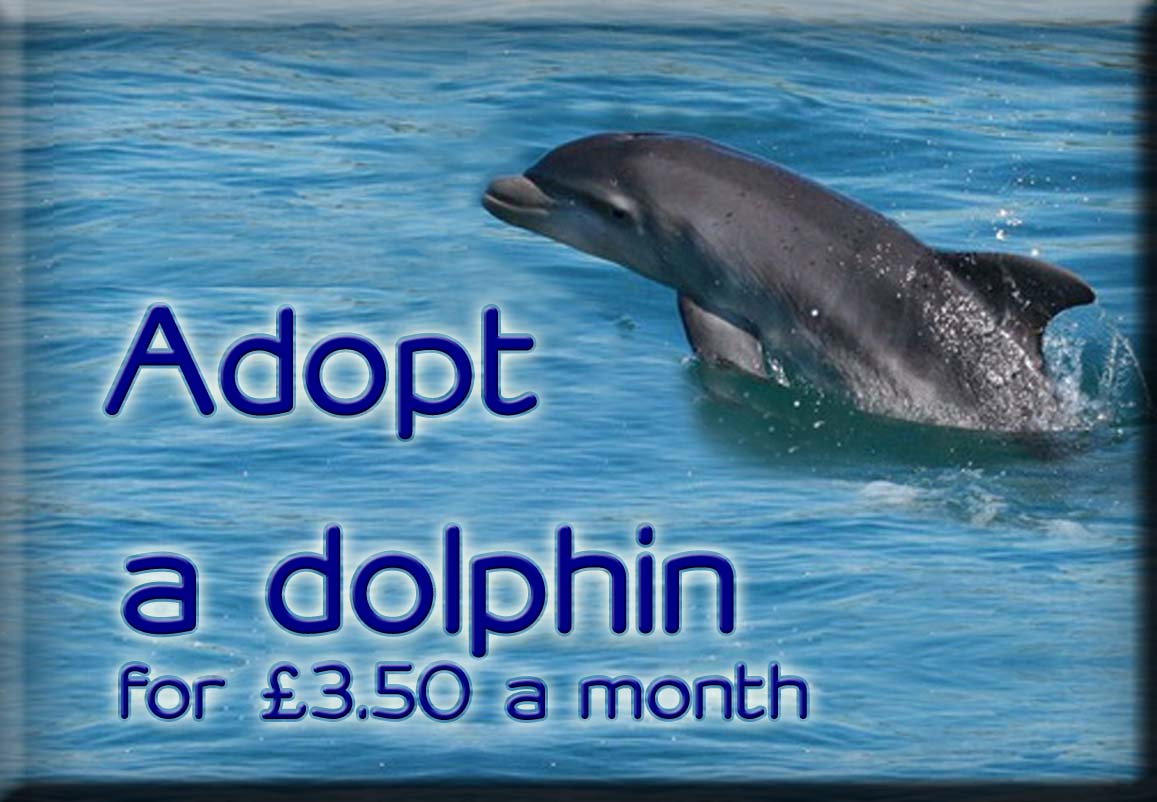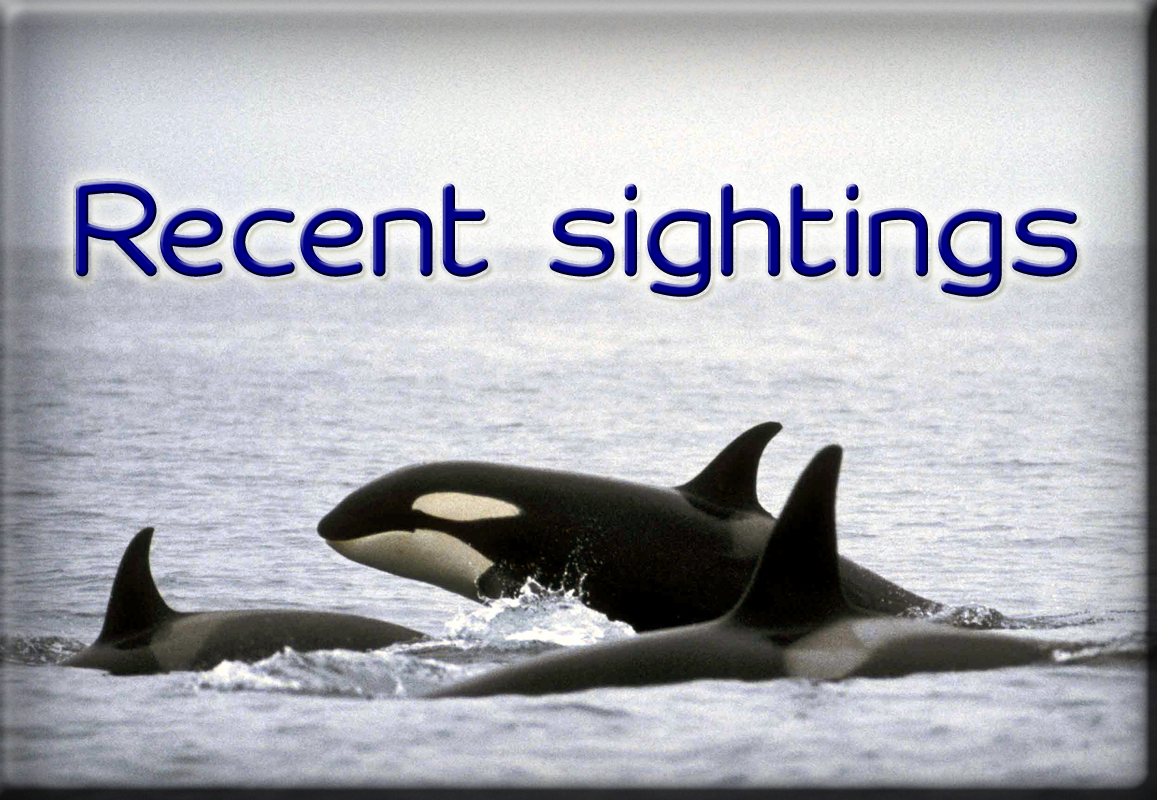Orcas or killer whales are one of the most famous species of dolphins in the world. They are highly intelligent and social marine mammals that live in family-related groups.
Every year along the Portuguese coast, different orca pods are spotted, that usually come for the tuna that passes the Gibraltar Straight to lay down their eggs.
This August, in Sagres, for the surprise of many tourism on board of a dolphin and whale spotting boat, a baby orca appeared just in front of them. However, what seemed spy-hoping at first, quickly was understood to be the struggle of the young animal to reach the surface to breathe. The baby orca was entangled in fishing gear.
After analysing the situation, divers and workers of two boat tours companies began to try to save the animal. Even though they could cut the pieces of net from the body, the fluke was still trapped in it. After some time, they were able to bring the orca on board of the boat and finally cut all the remaining fishing net that was around it. When the calf was released it reunited with the rest of the pod, that was, as it usually does in this time of year, moving west. The young cetacean was tired and scared, but was closely guarded by 3 adult orcas, that stood by it while the rescue mission was taking place.
Entanglement in active fishing gear or abandoned equipment, often called “ghost” gear, can cause significant injuries to cetaceans, affecting their ability to swim and feed. They can also be anchored in place causing them to drown.
Over 300,000 cetaceans die annually due to entanglement in fishing gear, and others are also trapped in marine debris. This can have a devastating impact on these populations which are already threatened.
If you ever come across an entangled seal, cetacean or other marine animal the best thing to do is to contact the British Divers Marine Life Rescue (BDMLR), the RSPCA for England and Wales or the SSPCA for Scotland. Never approach wildlife on your own to avoid injuries and wait for assistance from trained professionals.
BDMLR hotline: 01825 765546 (office hours) or 07787 433412 (out of hours)
RSPCA hotline (England & Wales): 0300 1234 999
SSPCA hotline (Scotland): 03000 999 999
Written by
Rita Trabulo
Research Intern 2018

